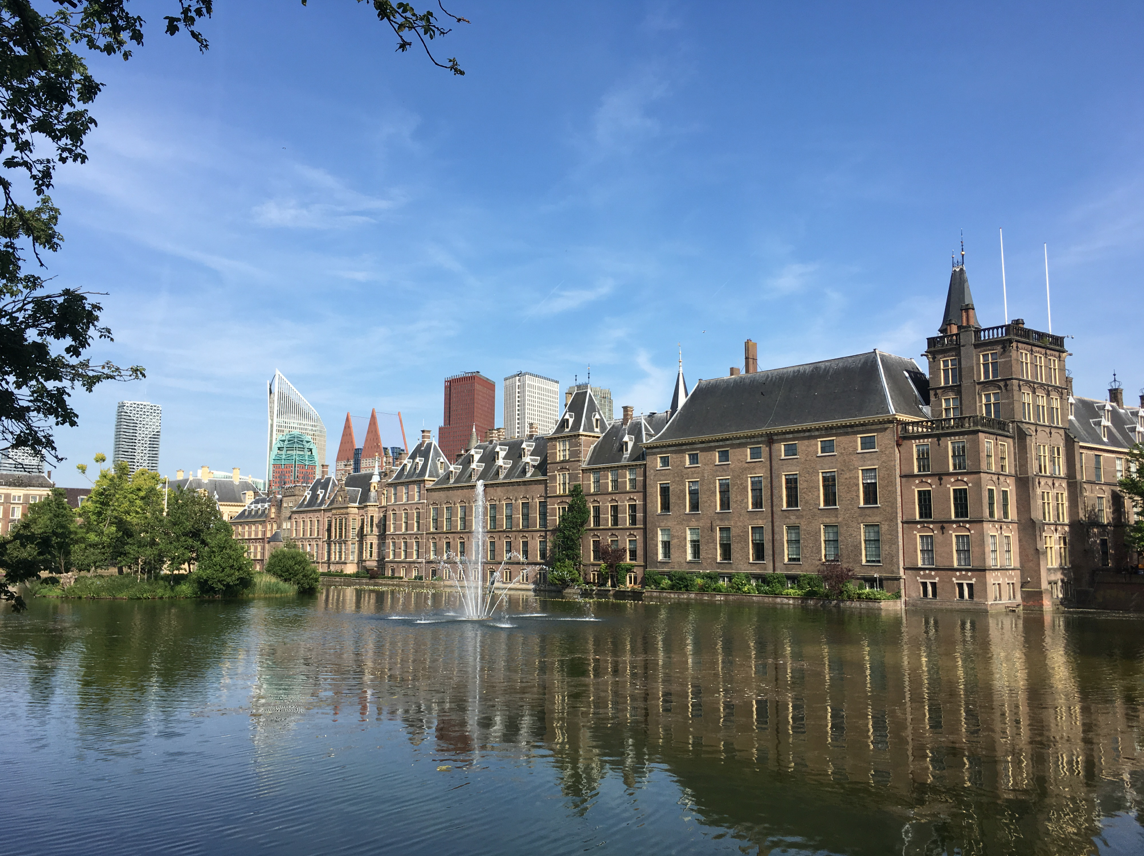Employers, unions set to join cabinet formation talks – restart next week

Employers’ organisation VNO-NCW and union federation FNV have been invited to take part in the first post-holiday formation talks next Wednesday, a sign the negotiations may be entering their final phase, the Volkskrant reported on Friday.
The next meeting between the parties – VVD, D66, CDA and ChristenUnie – could be a crucial one where decisions may be made about contentious issues such as sickness benefits, flexible work, the self-employed, pensions and poverty, the paper said.
Joint proposals with unions and employers may make negotiations that much easier and early agreements may foil any resistance from the opposition, the paper writes.
However, a comprehensive social accord is not on the cards this time. The unions and employers partners want separate agreements on each issue in order to be able to criticize other plans. The FNV in particular is afraid to be seen as a pillar of a right-wing coalition, the paper said.
One of the items on the wish list of the unions and employers is a change to the sickness benefits system. They say small and medium sized businesses should only be responsible for one year of sickness benefits instead of two as at present. The second year would be paid from a joint fund contributed to by all small and medium sized businesses.
Unions and employers also want the four parties to consider early pensions for people who do heavy physical work.
Loggerheads
The two groups are, however, still at loggerheads over the new dismissal law, the Volkskrant writes. Employers, VVD and D66 think the new system is too rigid and too expensive and want to make dismissal easier. FNV thinks a change in the law is unnecessary and wants to await an evaluation.
Flexible work is another bone of contention: the FNV wants flexible work to be made more expensive for employers to encourage fixed contracts and the employers’ organisation wants to relax the rules surrounding flexible work.
They do see eye to eye about a policy to combat the poverty trap and the need for clearer regulations for the self-employed. Their number is growing, often because companies fire people to then employ them as freelancers.
The self-employed have also been faced with new rules surrounding their tax status, a system introduced by the outgoing government which has since become bogged down by administrative difficulties, the paper writes.
Thank you for donating to DutchNews.nl.
We could not provide the Dutch News service, and keep it free of charge, without the generous support of our readers. Your donations allow us to report on issues you tell us matter, and provide you with a summary of the most important Dutch news each day.
Make a donation